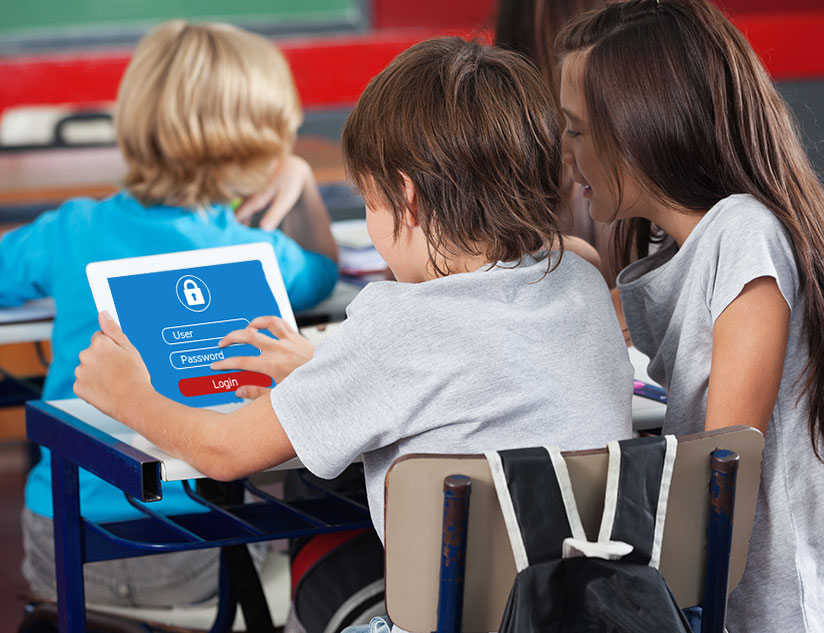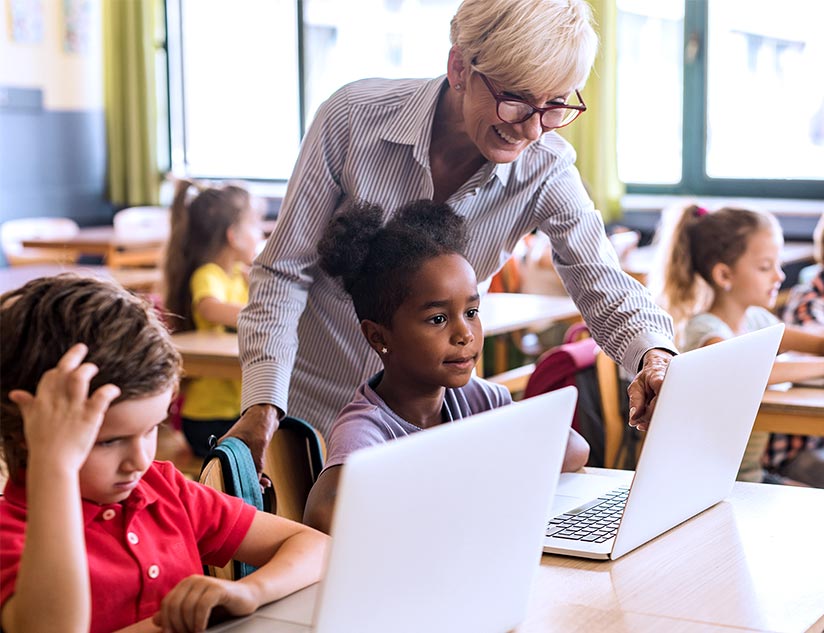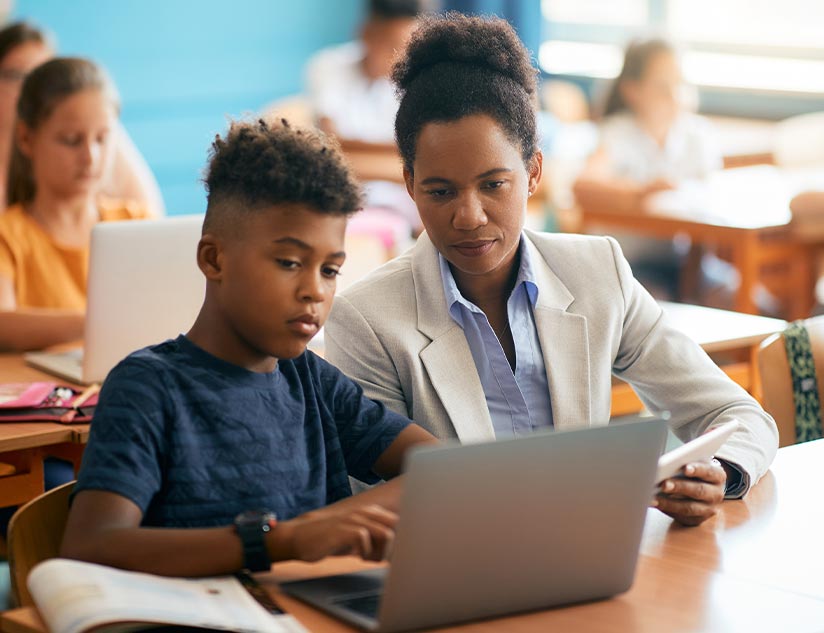There has always been great debate regarding the privacy of data and personal information in the online sphere. The 2018 Cambridge Analytica Scandal is a case in point. Facebook allowed access to the personal information of millions of its users, without their consent. The end result was that Cambridge Analytica used the information for political advertising. Then there was the experience with the Zoom app, where the app was unable to scale efficiently with the huge influx of users, driven by the COVID-19 situation. Security and privacy lapses emerged, for which founder Eric Yuan had to publicly apologize.
The controversy led to a subsequent lawsuit and possibly the worst crisis that Facebook had seen in its 14-year history. But this data breach did another thing. It sowed the seeds of doubt in the minds of people regarding other areas where their data might be misused. One such area where concerns about privacy protection was raised was digital education. Many digital learning platforms and programs gather information about students, which some believe could be a privacy concern.
However, student data is collected by educational institutions, not just for their records but also for key analytics.
The Need for Analytics
The use of analytics helps in making learning much more personalized, which has been found to be highly beneficial for the learner. In fact, it was found that in places where personalized learning was used to complement teacher-led lessons, students achieved almost 1.5 years of progress in just a single year. This is 47% higher than the national average. Even students who began below-grade made improvements that were an impressive 81% more than the national average.
These improvements occur because personalized learning helps create learning experiences that match the style, ability, and knowledge base of each student. We have known for a long time that the one-size-fits-all model does not work that well. Now, we have the tools to overcome it.
The use of robust data allows educators to monitor real-time causes and effects of the actions of the teacher and how the learner responds. This helps teachers fine-tune their teaching methods and for publishers to create learning content that enhances learning outcomes. Educators can gain insights into the strengths and needs of each student so that timely support can be provided to those who need help.
Analytics can also help teachers proactively address learning problems being faced by students. It has also been found that giving parents access to their children’s data, such as grades and class performance, helps parents become more involved in the learning outcomes of students.
Protecting Student Privacy
The most important part of protecting the student’s data is to get the right learning management system. The coronavirus pandemic saw almost 75,000 teachers scramble to learn how to use video conferencing tools, such as Zoom. But it was soon found that such apps weren’t the best decision and Zoom was banned by the Department of Education’s Chancellor Richard Carranza because of security and privacy concerns.
To ease the concerns of parents and students, educational institutions need systems and tools that disclose what information is being collected, how it will be stored, what it will be used for and how it will be kept safe. With MagicBox™, you get all of this!
It should also be ensured that the learning management system is compliant with FERPA and COPPA, which is what was missing with apps like Zoom. The Family Educational Rights and Privacy Act (FERPA) is a federal law that ensures the protection of student records. Under this law, parents and eligible students have the right to inspect and review the student’s educational records, maintained by the school.
The Children’s Online Privacy Protection Act (COPPA) is another federal law that has been implemented to limit the use and collection of personal student information. COPPA requires operators to “post a clear and comprehensive online privacy policy describing their information practices for personal information collected online from children.” COPPA also directs operators to directly provide a notice to parents and obtain consent from them regarding collection of information online.
With MagicBox™, educational institutions can ensure compliance with FERPA as well as COPPA, which means that both educators and parents can be rest assured that the personal information of students will remain protected.If you too want to gain the benefits of personalized education, while protecting the privacy of students, contact us to know more!














